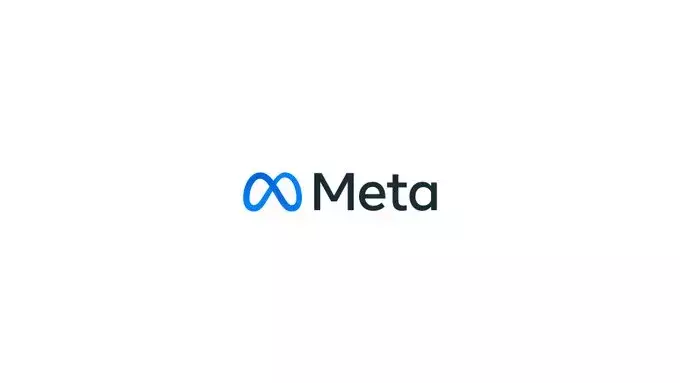Meta, the parent company of Facebook, Instagram, and Messenger, has implemented several noteworthy modifications to its Terms of Service and Community Standards. These updates necessitate a more in-depth examination to understand their implications for users, particularly concerning privacy, data usage, and adherence to platform protocols. This article delves into these changes, the motivations behind them, and what they mean for both the individual user and the broader community.
One of the most significant alterations in Meta’s Terms of Service is the restructuring of the language surrounding user agreements. The company has made it clear from the outset that utilizing any of its applications constitutes acceptance of these terms. This straightforward approach aims to prevent ambiguity and ensure that users are aware that their engagement with these platforms is contingent upon agreeing to specific conditions. The emphasis on compliance can be viewed as an attempt by Meta to protect itself legally while simultaneously reinforcing the notion of accountability among its users.
Moreover, buried within these agreements, previously overlooked stipulations underscore the necessity of understanding platform limitations. The new clauses illustrate that even if users are logged into their Facebook accounts, they cannot exploit this status to facilitate data scraping or unauthorized access. This change is significant as it directly addresses past legal defenses commonly employed in data scraping cases, thus outlining a firmer stance against misuse.
Meta’s refinement of language related to misuse and unauthorized data access speaks volumes about its commitment to safeguarding user information. The explicit mention of restrictions surrounding automated data collection highlights an increasing awareness of consent in the digital age. By articulating these terms more clearly, Meta aims to deter potential violators and convey that unauthorized behavior, regardless of the user’s logged-in status, will not be tolerated.
Moreover, the new details regarding the circumvention of Meta’s security measures exemplify the platform’s desire to establish a secure environment for all users. This firm policy can also be seen as a way to reassure users concerned about the potential for malicious activities on Meta’s platforms, thereby enhancing user trust in the company’s ability to manage their data responsibly.
Aside from clarifying standards surrounding data use, Meta has also augmented its Terms of Service to include references to its existing Avatar and AI terms, which provide additional stipulations depending on the specific features employed by the user. This innovation exemplifies the company’s approach toward integrating emerging technologies within its ecosystem. The incorporation of avatar features, which require users to consent to specific data usages, stresses the need for transparency regarding how personal data is handled.
For example, when utilizing Metaverse-related features like creating avatars or engaging with AI tools, users may inadvertently share more personal information than they realize. The updates illuminate the potential sharing of query data with third-party platforms and internal assessments, prompting users to think critically about their online interactions. In a landscape marked by concerns over data privacy, these updates contribute to a much-needed discussion on user agency in the digital space.
In conjunction with the revised Terms of Service, Meta has undertaken the task of merging its Community Standards across multiple platforms, including Facebook, Messenger, Instagram, and Threads. This centralization not only promotes consistency in policy enforcement but also enhances accessibility for users. By making these standards more user-friendly, Meta is directing attention to the expected behavior and obligations of its users, thus fostering a more harmonious online environment.
This consolidation serves as a practical guide for users who may find themselves navigating multiple platforms. By simplifying access to community standards, Meta is demonstrating a commitment to user education, thereby encouraging community members to familiarize themselves with acceptable practices and the potential repercussions of violating these standards.
The recent updates to Meta’s Terms of Service and Community Standards reflect a broader trend in the tech industry towards increased transparency and user accountability. While many of the principles outlined in the agreements are not entirely new, their explicit articulation helps to build a context where users are more aware of their rights and responsibilities. As platforms continue to evolve, the challenge for both Meta and its users will lie in maintaining a balance between innovative technological advancement and the ethical use of data, making it imperative for all stakeholders to remain informed and vigilant.


Leave a Reply